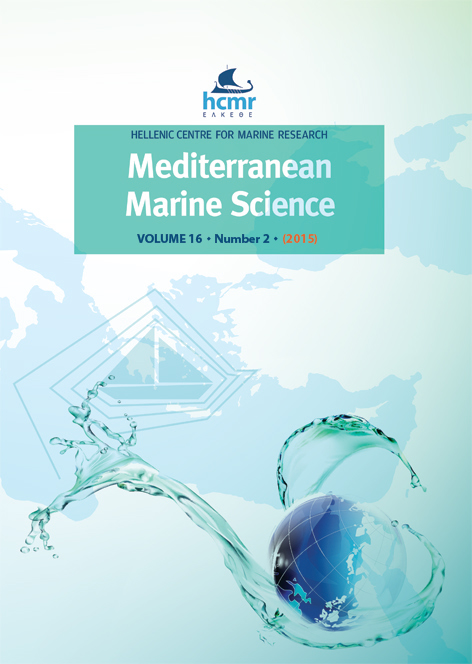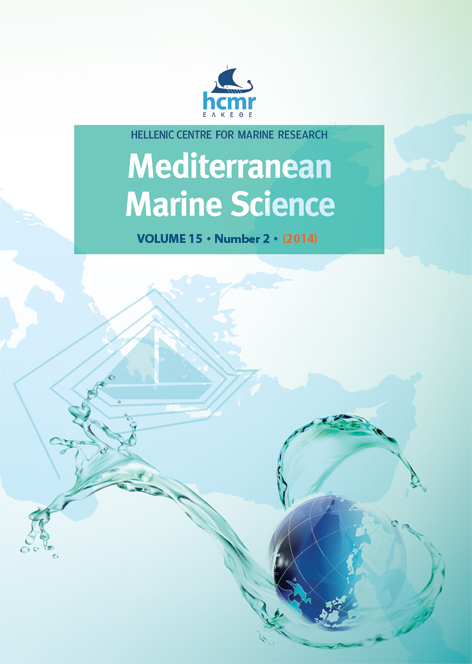Improvement of the esca index for the evaluation of ecological quality of coralligenous habitat under the european framework directives
Аннотация
The ESCA (Ecological Status of Coralligenous Assemblages) index was recently developed to evaluate the ecological quality of coralligenous habitat. The study aims to improve the first index proposal through testing response to different sources of anthropogenic pressures and optimizing the sampling effort. ESCA was calculated on 14 sites and tested against a gradient of human pressures. Moreover, the main scales of spatial variability of assemblages were evaluated and values of index obtained with different sampling designs were compared. Results showed that studied sites resulted in high, good or moderate ecological status, according to an increasing gradient of the anthropization level. Values of ESCA index obtained with different methods have been compared and photographic method provides EQR values lower than destructive method. Spatial variability of assemblages was higher at large and small scales than at intermediate ones. Two locations for each study site and 20 replicated samples for each location may be consider the best sampling combination providing reliable values of ESCA index for the evaluation of ecological quality of coralligenous assemblages.
Article Details
- Как цитировать
-
PIAZZI, L., GENNARO, P., CECCHI, E., & SERENA, F. (2015). Improvement of the esca index for the evaluation of ecological quality of coralligenous habitat under the european framework directives. Mediterranean Marine Science, 16(2), 419–426. https://doi.org/10.12681/mms.1029
- Выпуск
- Том 16 № 2 (2015)
- Раздел
- Research Article
Authors who publish with this journal agree to the following terms:
- Authors retain copyright and grant the journal right of first publication with the work simultaneously licensed under a Creative Commons Attribution Non-Commercial License that allows others to share the work with an acknowledgement of the work's authorship and initial publication in this journal.
- Authors are able to enter into separate, additional contractual arrangements for the non-exclusive distribution of the journal's published version of the work (e.g. post it to an institutional repository or publish it in a book), with an acknowledgement of its initial publication in this journal.
- Authors are permitted and encouraged to post their work online (preferably in institutional repositories or on their website) prior to and during the submission process, as it can lead to productive exchanges, as well as earlier and greater citation of published work (See The Effect of Open Access).






